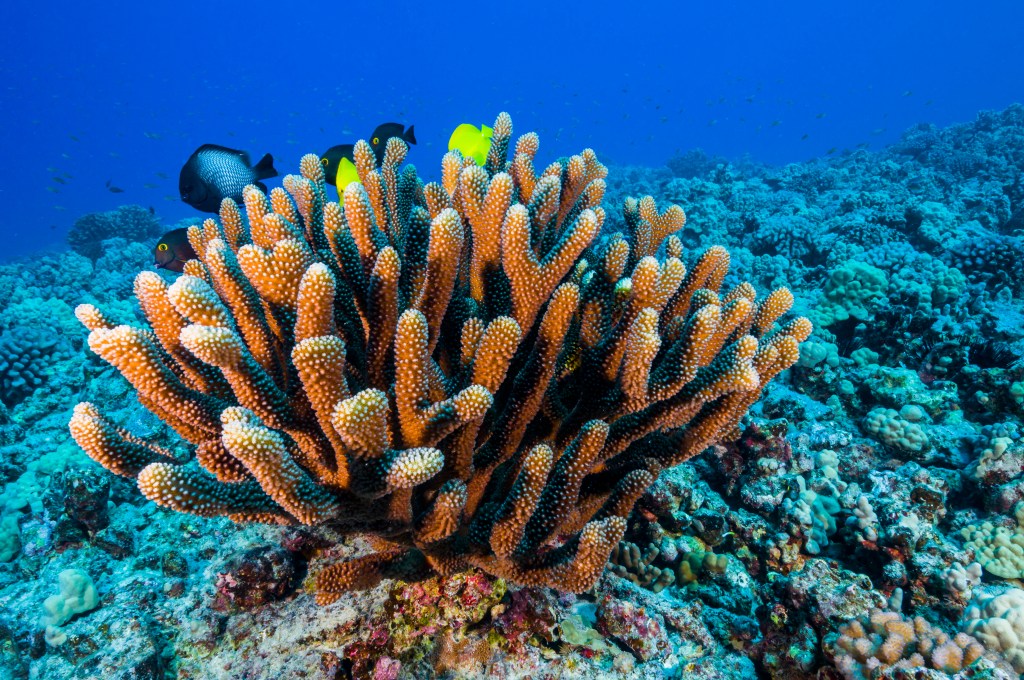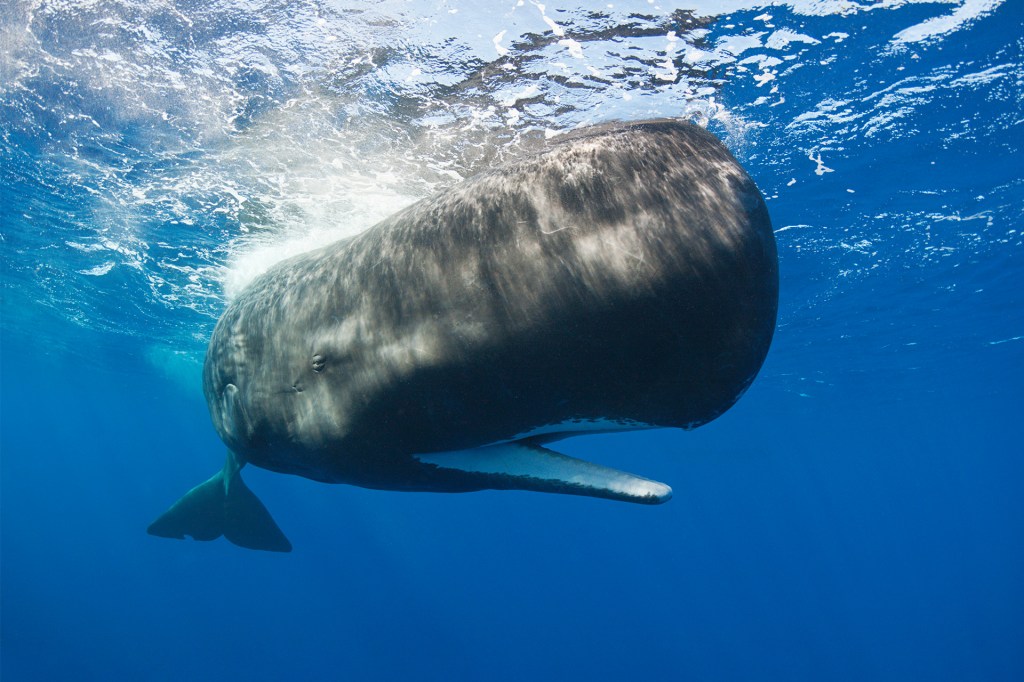Changing the Tide for Coral Reefs

Hawaii lawmakers are on a mission to save coral reefs. On July 3, Hawaii governor David Ige signed a bill to help. It bans sunscreens containing chemicals that are harmful to reefs. It is the first bill of its kind to be signed in the United States.
“This is just one small step towards protecting and restoring the resiliency of Hawaii’s reefs,” Governor Ige said.
The bill will take effect in 2021. After that point, sunscreens containing oxybenzone and octinoxate will no longer be sold over the counter in Hawaii. Only people with a prescription will be allowed to buy them.
Oxybenzone and octinoxate protect skin from the sun’s ultraviolet rays. But they can also damage coral reefs. That’s according to research by the Haereticus Environmental Laboratory. The 2015 study found that the chemicals can cause coral bleaching. They also stop young coral from growing and developing properly.
Some critics say there is not enough scientific evidence to support the new law. The group Retail Merchants is especially concerned. It believes the ban will discourage people from buying sunscreen at local stores.
But Representative Chris Lee of Honolulu says the ban is necessary the protect Hawaii’s struggling reefs. They are an important part of the ocean ecosystem. They are also a main attraction for tourists visiting Hawaii.
“We know the tide is against us,” Lee said. “We’ve got a limited amount of time.”













